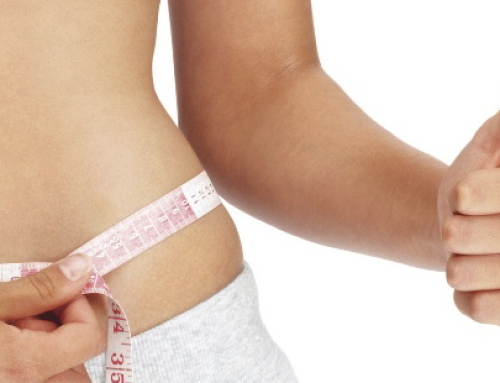The short answer is yes!
If you don’t eat breakfast you have a higher chance of being obese. A UK study analysed the eating habits of over four thousand teenagers. Out of these 32% didn’t consume anything for breakfast and they were the ones much more likely to be obese (European Journal of Clinical Nutrition 2010). Additionally, eating breakfast means you are 50% less likely to have diabetes (Hamid 2005), will have better cognitive performance (Mahoney 2005), are less likely to have an eating disorder (Fujiwara 2003) and have less chance of suffering from depression (Smith 1994).
If you exercise first thing on an empty stomach you do burn 30% less calories, however the quality of your session will be effected as the fuel glycogen that powers your muscle is depleted to begin with. This will increase your soreness the following day (Blum 2007).
The frequency of eating is also essential for fat loss, as going for long periods without eating causes the body to think its going into starvation mode, this makes it save and not expend energy (Mohr 2004, Jenkins 1989). Additionally, when not given enough energy the body breaks down molecules to convert into glucose. This is because the body’s main priority is to supply the brain with glucose in order to prevent it slipping into a coma. This process is known as catabolism and is not good for fat loss as the breakdown of protein molecules can lower your metabolic rate, meaning you will use less calories at rest (Demling 2007).
Eating late is not so optimal for losing body fat, as it may disrupt your sleep patterns. As sleep is such an integral part of fat loss (University of Chicago Medical Centre), it is important that you don’t alter sleep cycles very often. Having a small portion of food at night is recommended (Blum 2007) with careful attention being paid to the type of food consumed.





